
Jyotish Shastra, the gateway from celestial events to human engagement; the relation from human interaction with celestial events through learning. Ancient Indian traditions of this discipline have to be rooted in ancient Indian traditions, which reveal personality trait, destiny occur in the life. If you are eager to know how to understand this perplexing science, then this is the step by step guide that can aid prepare up to attain this discipline:
1. Understand the Basics
So, start with what you should learn about basic Vedic astrology:
• Zodiac Signs (Rashis): Get your head around everything there is to know about the 12 zodiac signs and their most delicate quirks.
• Planets (Grahas): Find out what the nine planets mean to our life.
• Houses (Bhavas): Discover 12 houses of a horoscope and what life areas each represents.
• Nakshatras: Explore 27 lunar constellations, and learn how they’ve shaped man’s destiny.
This will give you just a bit of knowledge that will allow you some freedom, to dig so much deeper into the subject.
2. Enroll in Vedic Astrology Courses
The best way to get structured knowledge is to join well designed Vedic Astrology Courses. These courses are mostly about planetary transits, chart reading, predictive techniques, etc. There are so many institutions and platforms online that provide training beginning from beginner friendly ones and also more advanced courses.
Select a course through which you can analyze birth charts and learn the practical application of basic concepts of Vedic astrology through hands-on.
3. Study Authoritative Texts
To be rooted in the ancient scriptures, classical texts, Vedic astrology. There are a few foundational works to read to get timeless wisdom and knowledge of the composition of astrology, as shared by Brihat Parashara Hora Shastra, Saravali and Jataka Parijata. The planetary influences, yogas (planetary combinations) and predictive methodologies are the subject of these texts.
These ancient teachings can be simplified, by translation and commentaries by people with experience, for modern learners.
4. Practice with Charts
When astrology is an art and a science, it is mostly a practice rather than a science. First, you would study the birth charts of them, your friends, your family, or that of a public figure. Pay attention to:
Planet placement in certain houses.
Planets as aspects and conjunctions.
Influence of planetary periods (Dashas), planetary transits (gochar).
Practice becomes a regular workout to sharpen your interpretative skills and develop the self-confidence to know whether you are on the right track or not.
5. Utilize Online Resources
For aspiring astrologers, the internet is full of resources. From understanding planetary aspects to predicting life events, free tutorials, blogs, and discussion forums can give you the clarity you need. You can also use interactive online tools that help you generate and analyse your birth chart without any difficulty.
Moreover, online communities serve to connect to like minded learners, exchange ideas and advice from experienced practitioners..
6. Join Study Groups
Studying Vedic astrology can be great for collaborative learning. Astrology study groups or local communities can be a great source of support and give a space to discuss and expand your learning. When you engage in group activities, you are exposed to a wide range of perspectives, which is really helpful when you start trying to interpret charts.
7. Commit to Lifelong Learning
Vedic astrology is a wonderful broad field with endless room to grow. You must really dedicate yourself to continuous study and exploration to really master it. Read scholarly articles, attend workshops, stay updated with the advancements in the field.
With these steps you can systematically study Vedic astrology and learn the vastness of this ancient science. Astrology course in India is a fantastic way to learn authentic knowledge and authentic teachings, and step into traditional teachings.

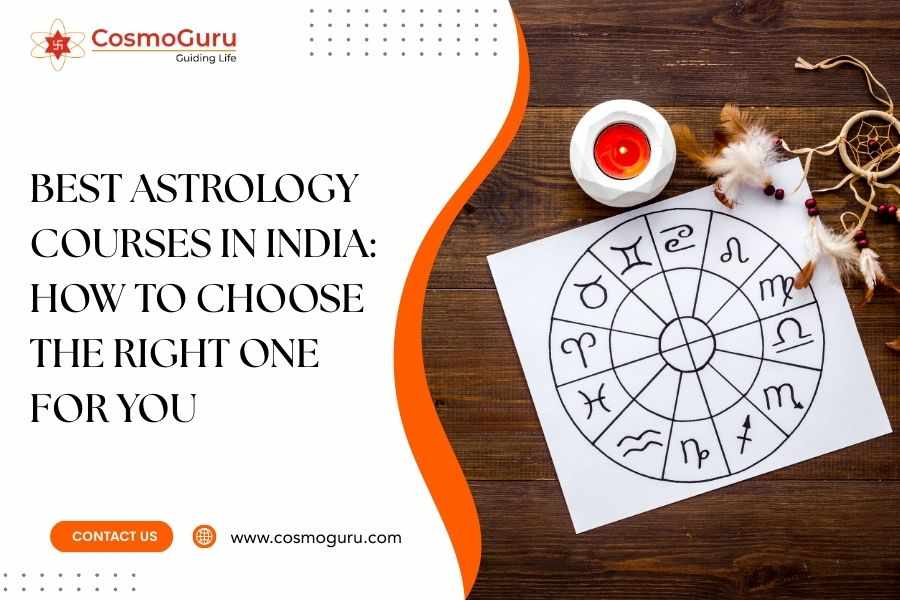



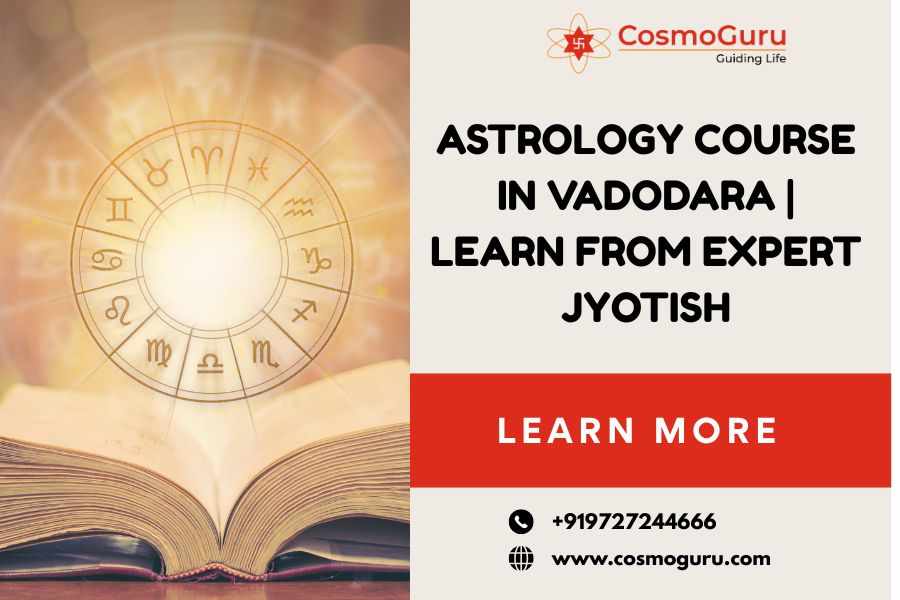
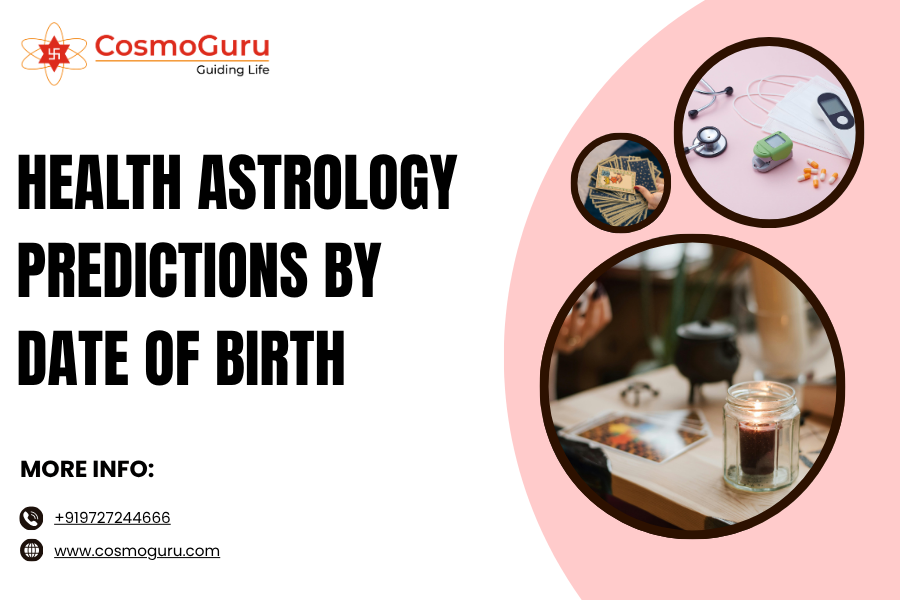

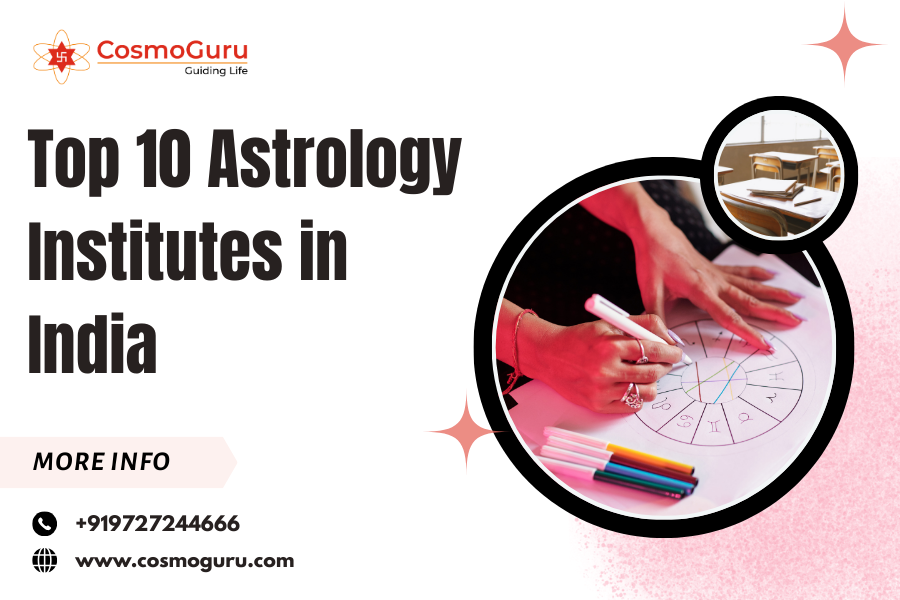

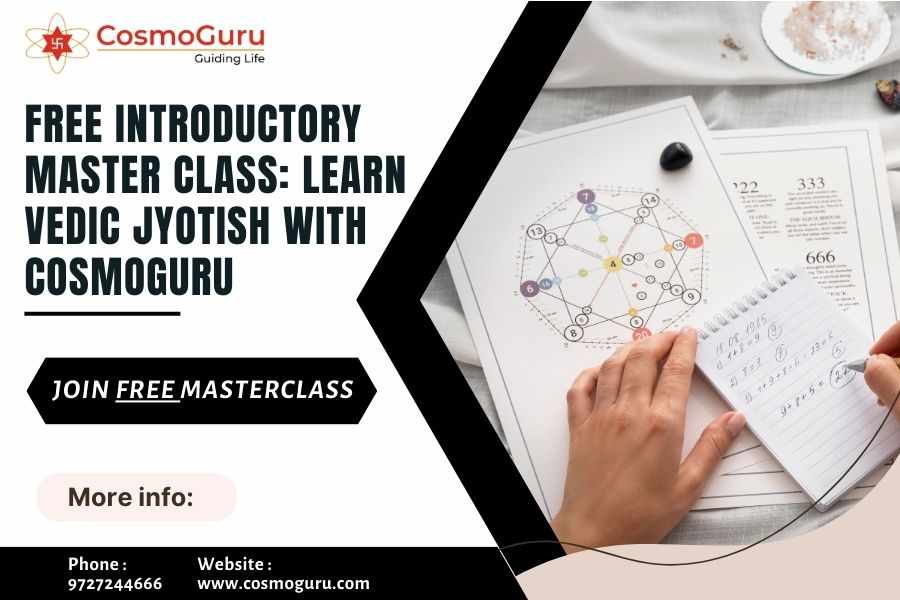
Write a comment ...